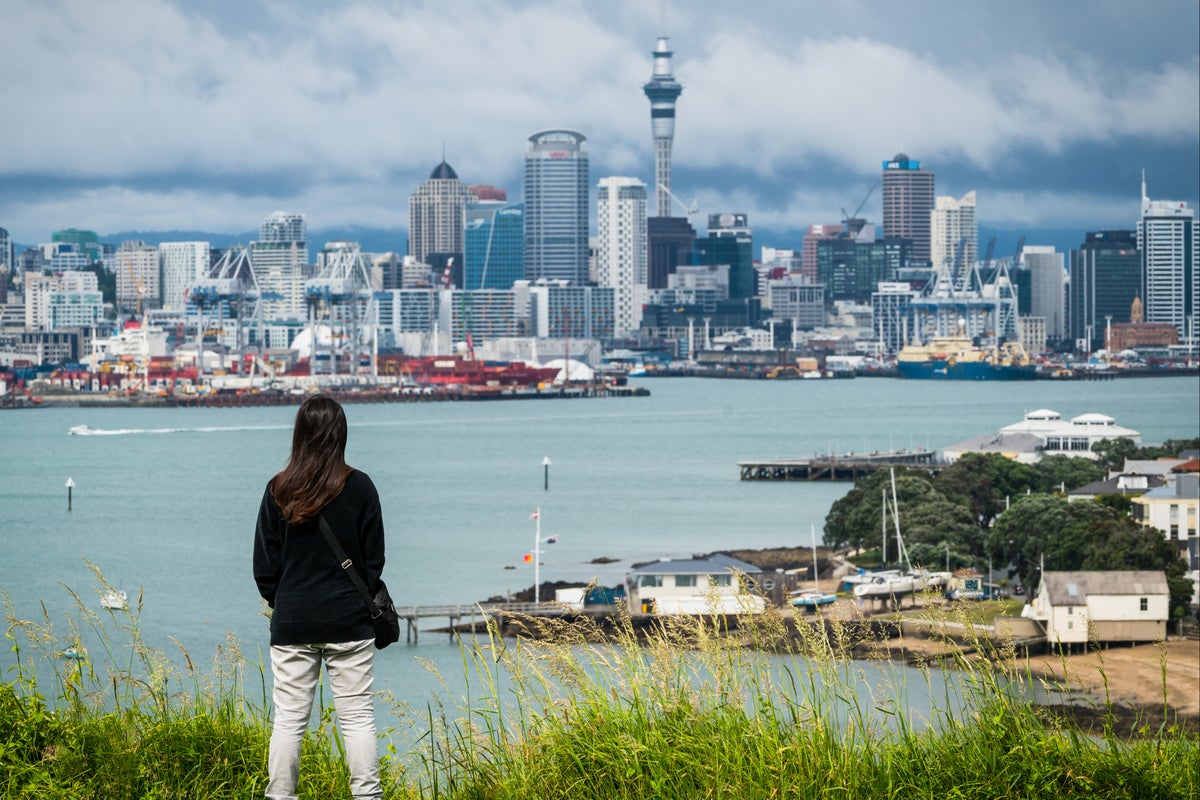
New Zealand has announced two new residency pathways to make it easier for migrant workers to move to the country, in its latest attempt to boost the economy and workforce.
Announcing the new pathways for skilled workers, economic growth minister Nicola Willis said skilled and experienced migrants play an important role in plugging workforce gaps, and in turn help businesses to grow.
The new residency avenues will be introduced from mid-2026.
“Businesses told us it was too hard for some migrants to gain residence, even when they had crucial skills and significant experience that was not available in the existing workforce,” she said in a statement.
It comes as New Zealand’s economy continued to struggle after having seen negative growth in three of the last five quarters. The government has been attempting to support it and boost foreign investment in the country by introducing a number of policies in recent months.
The net migration in the country has remained positive. However, the rate of growth has slowed compared with the surge seen right after the borders reopened in 2022. One of the main reasons is that a larger-than-usual number of New Zealand citizens are now leaving the country, which offsets some of the inflow.
One pathway is for skilled migrants who meet the required experience and salary levels. Another is for those in trades and technical roles who satisfy the qualification, work experience and wage criteria.
The trades and technicians pathway acknowledges the practical skills essential in industries that rely on and value non-university qualifications, said immigration minister Erica Stanford.
She said the skilled work experience pathway was created to support employers in retaining experienced workers “who are already contributing to New Zealand’s economy and have demonstrated value in their roles”.
A record number of people are leaving the country. Around 73,400 New Zealanders left the country between July 2024-2025, while only 25,800 people returned home, according to Stats NZ.
Amid efforts to help ease the imbalance, the government in January relaxed visitor visa rules to invite so-called “digital nomads”, people who work remotely while travelling, to work in New Zealand.
In February, the government eased rules for its Active Investor Plus visa – the so-called golden visa granting residency to wealthy foreigners.
Business New Zealand welcomed the latest changes, saying they would help employers retain skilled workers, while Infrastructure NZ urged an earlier start date.
However, minor coalition partner New Zealand First leader Winston Peters opposed the move, saying he has “serious concerns”.
He said he has invoked the ‘agree to disagree’ provision, calling it “unfocused immigration proposal”.
“New Zealand is being used as a stepping stone into Australia,” said Mr Peters, the party’s leader and minister of foreign affairs.
